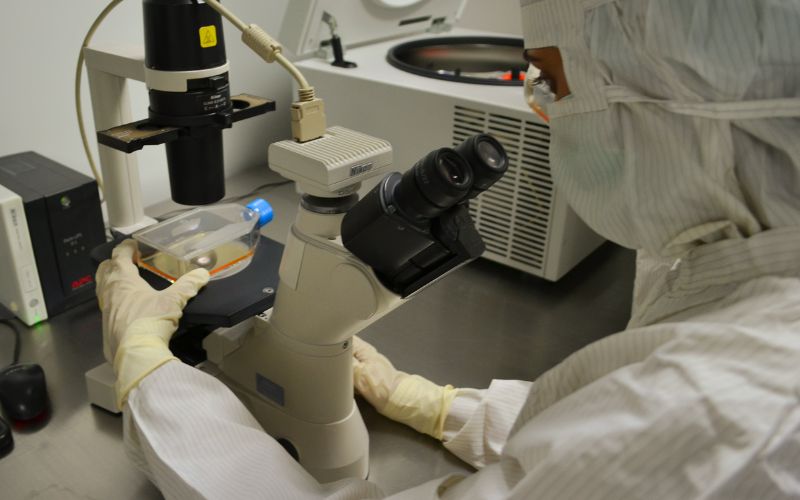
Understanding the Role of the Pharmaceuticals and Medical Devices Agency (PMDA) in the Pharmaceutical Industry
The pharmaceutical industry is one of the most regulated industries worldwide, and for a good reason. With millions of lives on the line, it’s essential to have strict regulations that ensure the safety, efficacy, and quality of drugs and medical devices. In Japan, the Pharmaceuticals and Medical Devices Agency (PMDA) is the regulatory body responsible for evaluating and approving drugs and medical devices for the Japanese market. In this blog post, we’ll dive into the role of PMDA and its impact on the pharmaceutical industry.
- PMDA’s Origins and Responsibilities
The PMDA was established in April 2004 as a result of the merger between the Pharmaceutical Affairs Agency (PAA) and the National Institute of Health Sciences (NIHS). The PMDA is responsible for ensuring that all drugs and medical devices marketed in Japan are technically evaluated for safety, efficacy, and quality. The agency is also responsible for post-marketing safety surveillance, which involves monitoring drugs and medical devices after they are released into the market to detect any safety issues that may arise.
- PMDA’s Approval Process
The PMDA’s approval process for drugs and medical devices involves several steps. First, the applicant submits a New Drug Application (NDA) or Medical Device Approval Application to the PMDA. Then, the PMDA conducts an evaluation of the submitted data on safety, efficacy, and quality. This evaluation includes reviews of clinical trial data, manufacturing processes, and labelling information. If the PMDA determines that the drug or medical device meets all the necessary requirements, it will issue a license for marketing on the Japanese market.
- The Impact of PMDA on the Pharmaceutical Industry
The PMDA plays a critical role in the pharmaceutical industry. Its rigorous evaluation and approval process ensures that only safe and effective drugs and medical devices reach the Japanese market. The PMDA’s stringent requirements also encourage drug manufacturers to invest in research and development to ensure that their products meet the PMDA’s standards. In addition, the PMDA’s post-marketing safety surveillance helps identify and manage any safety concerns that may arise after drugs and medical devices are released into the market, further increasing public confidence in the industry.
- PMDA’s Global Collaboration
The PMDA collaborates with other regulatory bodies worldwide, including the US Food and Drug Administration (FDA) and the European Medicines Evaluation Agency (EMA). This collaboration ensures that drugs and medical devices that are approved in Japan can also gain approval in other regions without undergoing additional testing. It also provides opportunities for regulators to learn from each other and harmonise their approaches to drug and medical device evaluation.
- The Future of PMDA
As the pharmaceutical industry continues to evolve, the PMDA is also adapting to new challenges. In recent years, the PMDA has been promoting digitalisation and the use of real-world evidence to improve drug development and assessment. The PMDA is also actively seeking to establish partnerships with domestic and international industry firms, healthcare providers, and academic institutions, among others. These collaborations will help advance the growth of the pharmaceutical industry in Japan and around the world.
In conclusion, the PMDA plays a vital role in ensuring the safety, efficacy, and quality of drugs and medical devices in Japan. Its rigorous evaluation and approval process encourages innovation and investment in research and development, and its post-marketing safety surveillance helps manage any safety concerns that may arise. The PMDA’s global collaborations further strengthen the regulatory framework and foster the growth and development of the pharmaceutical industry worldwide. As the industry continues to evolve, the PMDA’s efforts will undoubtedly benefit public health and safety for many years to come.



